Conference to Focus on Plight of Sea Workers
'Stemming the tide: together we can stop human rights violations at sea'
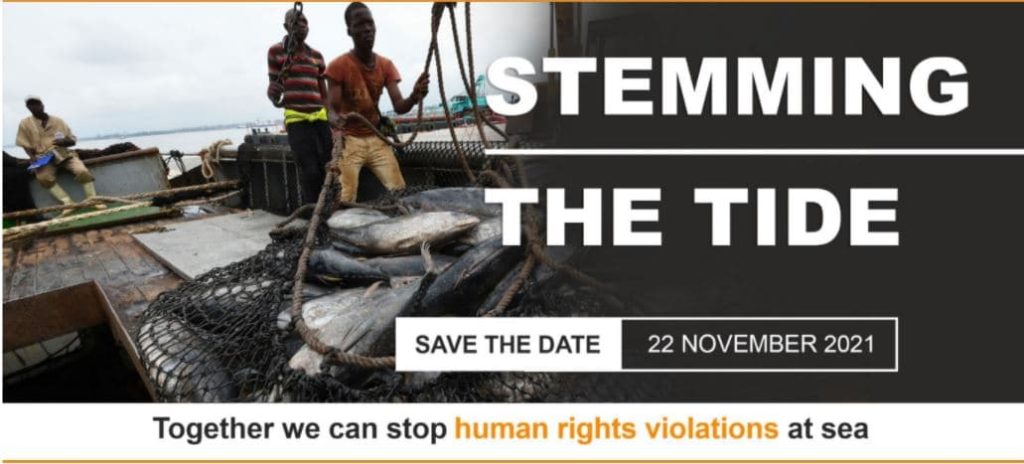
It is in order to focus on the plight of sea workers that Stella Maris, the Dicastery for Promoting Integral Human Development, FAO, and the Permanent Observer Mission of the Holy See to FAO, IFAD, and WFP are promoting a conference on the theme: “Stemming the tide: together we can stop human rights violations at sea”.
Stopping human rights violations at sea. This is the objective of the joint commitment that the Holy See and FAO have been carrying out for years in support of sea workers engaged in the fishing sector and their families.
Despite the efforts made to implement conventions and agreements on working conditions, safety at sea and illegal, unreported, and unregulated fishing, fishermen and workers in the sector are still victims of exploitation, forced labor, slavery, and trafficking.
A condition that mortifies human dignity and with it any possibility of authentic social and economic development. Pope Francis notes in his Encyclical “Fratelli tutti” that only “when human dignity is respected and human rights are recognized and guaranteed, creativity and enterprise flourish and the human personality can deploy its many initiatives for the common good” (FT, 22).
In this framework, in his Message for the World Fisheries Day, 21 November, the Prefect of the Dicastery for Promoting Integral Human Development, Card. Peter K.A. Turkson, launches an appeal “to international organizations, governments, civil societies, the various actors in the fishing industry and NGOs to join
forces” to put an end to “too many violations of human rights at sea” and work “together to create a fishing industry in which the human and labor rights of fishers are guaranteed and upheld”.
This call is also necessary in view of the worsening of working conditions at the time of the COVID-19 pandemic, which directly affects the fisheries and aquaculture sector, affecting workers’ health and hampering socio-economic development.
Prevention and control measures have affected the fish trade, created changes in consumer demand, generated logistical problems around distribution channels and access to markets and fishing grounds and limited the availability of migrant workers. Factors that reduce the income of fisheries workers and fisheries-dependent communities, and that can lead to reduced food budgets – with an impact on food insecurity and malnutrition – increased child labor and disempowerment of women due to loss or reduction of income.
These will be the themes of the event, which will be held in virtual form on 22 November from 10 a.m. to 12 p.m. (GMT+1). The event will be opened by the Prefect of the Dicastery, Cardinal P. K. A. Turkson, and the Director-General of FAO, Mr. Qu Dongyu. Mgr Fernando Chica Arellano, Permanent Observer of the Holy See to FAO, IFAD, and WFP, will conclude the event.
To follow the event register here:
https://fao.zoom.us/webinar/register/WN_2jk1X3nKSTasu-rrqE-QcA
PROGRAMME |
| Master of Ceremony
Dr. Tebaldo Vinciguerra | Dicastery for Promoting Human Integral Development 09:00–09:05 | Opening |
| 09:05–09:10 | Welcoming remarks
Message from Qu Dongyu, Director-General, Food and Agriculture Organization of the United Nations Video Message from His Eminence Cardinal Peter A. Turkson, Prefect of the Dicastery for Promoting Integral Human Development |
| 09:10–10:40 | Panel discussion moderated by Vera Agostini and Felix Marttin, FAO
Jan de Boer, Senior legal Officer, IMO Christine Bader, Specialist in shipping, fisheries, and inland waterways, ILO (tbc) Alicia Mosteiro, Fishery Officer, FAO Kirill Buketov, IUF Atty Javier Garat, President, ICFA |
| Vivienne Solàis Rivera, CoopeSolidar
Fr. Rico Talisic, Chaplain, Stella Maris Cape Town |
| 10:40 | Concluding remarks
Msgr. Fernando Chica, Holy See Permanent Observer at the United Nations Organizations and Bodies for Food and Agriculture (FAO, IFAD, and WFP). |
Interpretation will be available in Arabic, Chinese, English, French, Italian, Russian, Spanish
Related
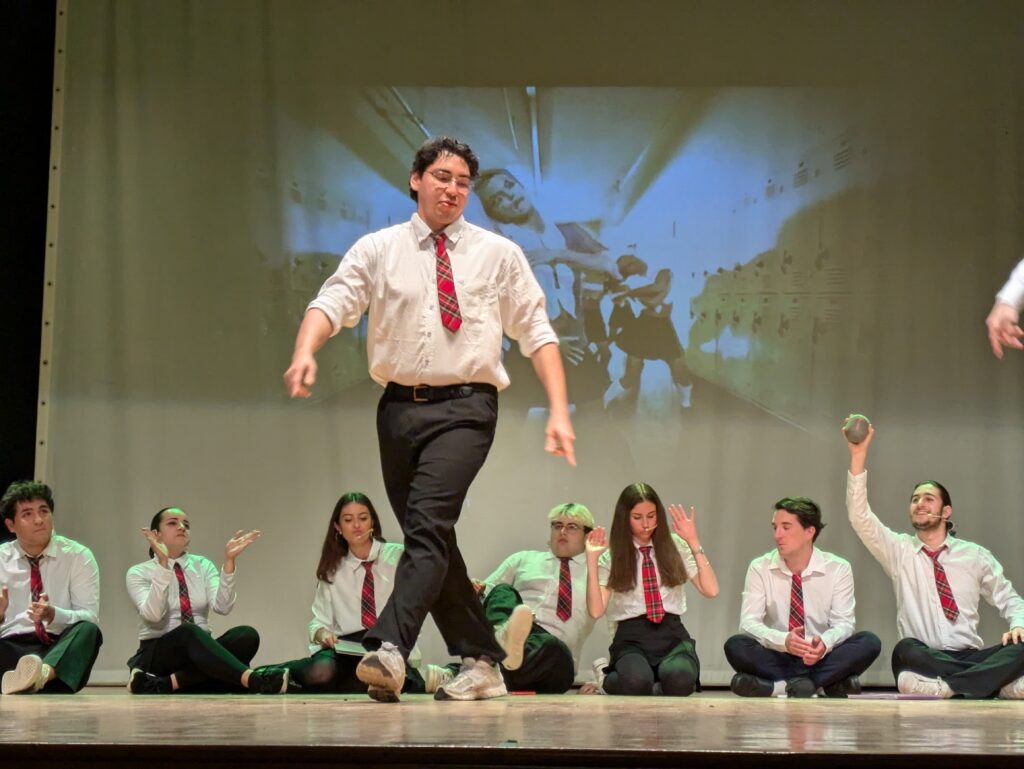
“Highway to Heaven” Arrives in Rome: Carlo Acutis’ Musical Evangelizes with Art and Heart
Exaudi Staff
09 April, 2025
2 min
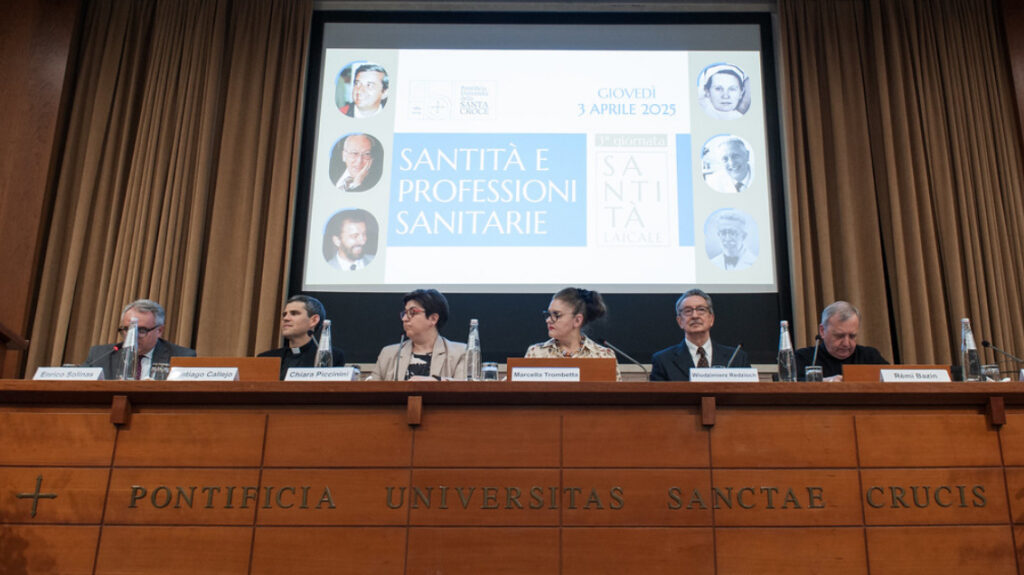
University of the Holy Cross: A Day on Lay Holiness
Wlodzimierz Redzioch
08 April, 2025
3 min
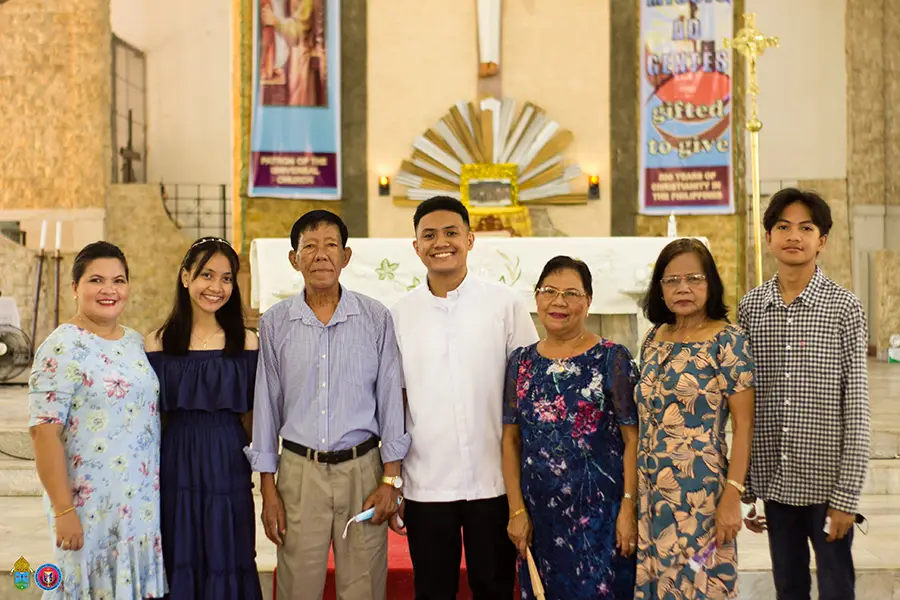
“Spain must preserve the faith it once transmitted to us”
Fundación CARF
07 April, 2025
7 min
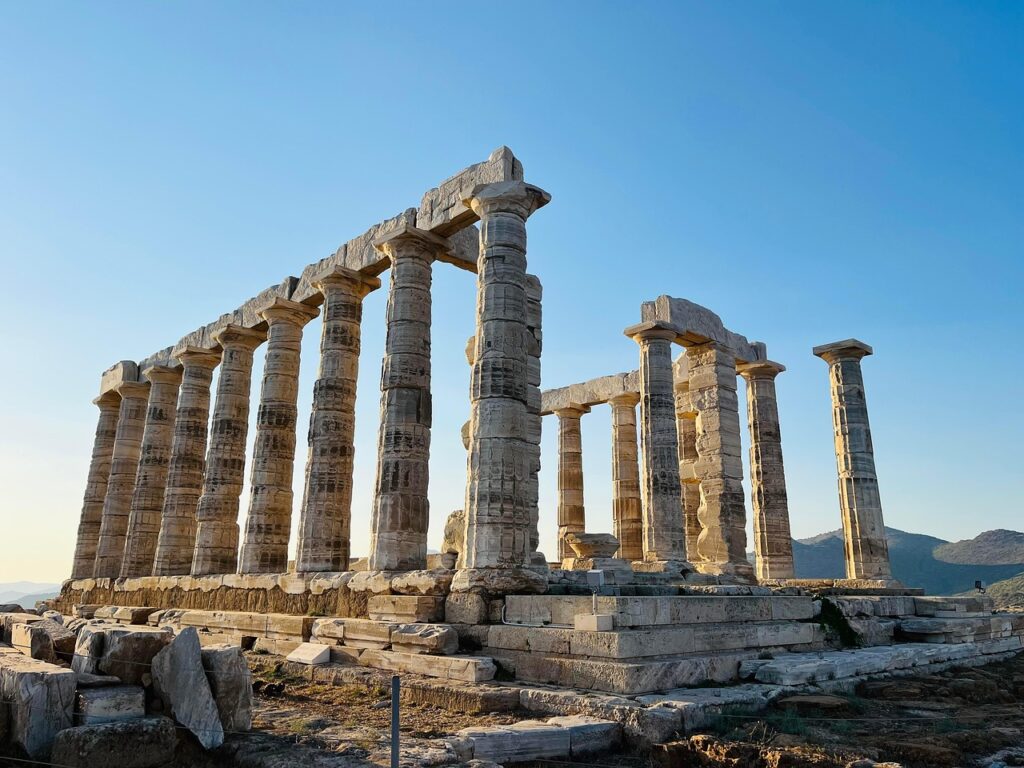
He who is without sin, let him cast the first stone: Fr. Jorge Miró
Jorge Miró
06 April, 2025
3 min
 (EN)
(EN)
 (ES)
(ES)
 (IT)
(IT)

